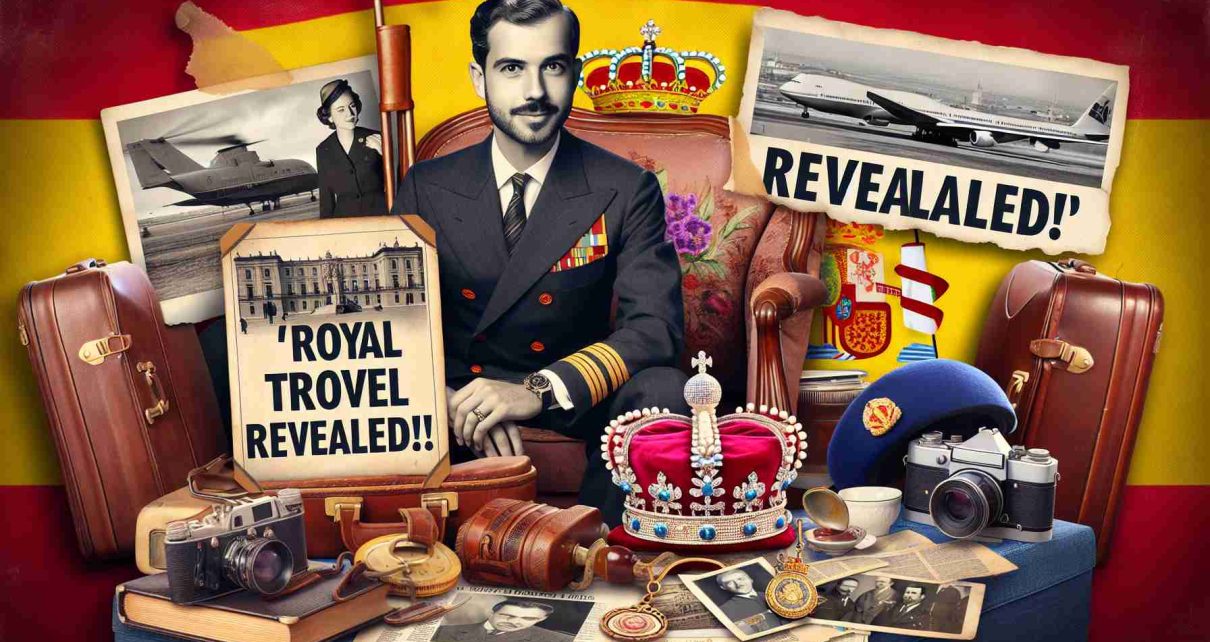Royal Duties in Italy: A Glimpse of Their Journey The Spanish royal couple is currently on a prestigious state visit to Italy, where they are set to meet with significant political figures, including the President, Sergio Mattarella, and Prime Minister Giorgia Meloni. This diplomatic trip emphasizes strengthening ties between Spain and Italy and includes a […]
Tag: Spain Monarchy
The Spain Monarchy, officially known as the Spanish monarchy, refers to the constitutional monarchy of Spain, which is the form of government in which a hereditary monarch serves as the head of state within the parameters set by the constitution. The monarchy has a historical lineage that dates back centuries, with various dynasties ruling over the Spanish territories. The current monarch is King Felipe VI, who ascended to the throne in 2014, following the abdication of his father, King Juan Carlos I.
The role of the monarch in Spain is largely ceremonial, as the country operates under a parliamentary system where political power resides primarily with elected officials. The monarchy’s functions include representing Spain at official events, performing ceremonial duties, and serving as a symbol of national unity and continuity. The Spanish monarchy has faced challenges and controversies throughout its history, including debates about its relevance and calls for greater republicanism, particularly following the political and social upheavals in the 20th century. Nevertheless, it remains an important institution in contemporary Spanish society, embodying aspects of national identity and tradition.
